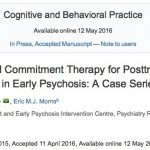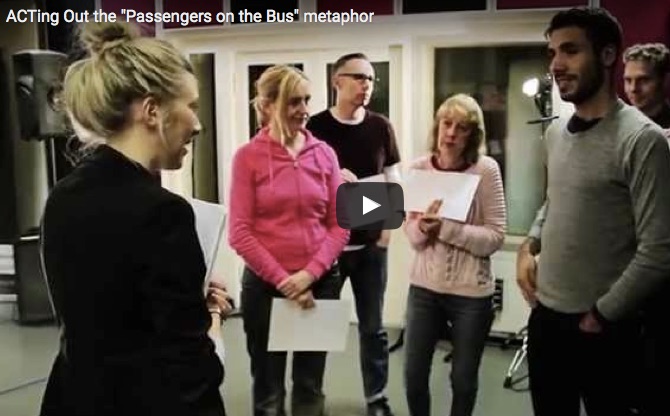“My voices are just part of me, they don’t own me”: a qualitative investigation of Acceptance and Commitment Therapy groups for people experiencing psychosis [paper]
Our qualitative study of the experiences of people with psychosis who engaged in Acceptance and Commitment Therapy groups to support their recovery has just been published online in the journal Psychosis. The qualitative study was led by Dr Sally Bloy, who interviewed people participating in ACT for Life groups, meeting them after the group program …





